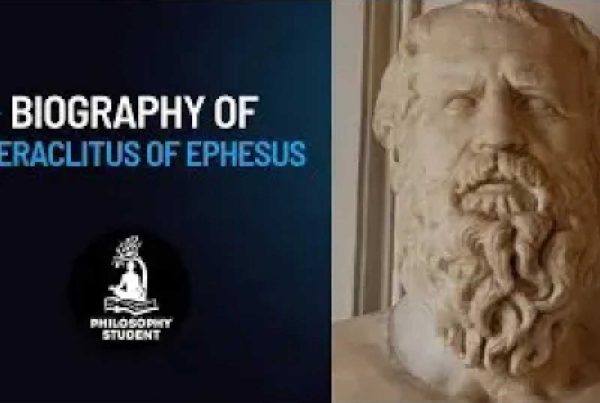“There is a common misunderstanding that philosophy—like chemistry or history—has a content to offer, a content that a teacher is to teach and a student is to learn,” writes Professor James L. Christian. “This is not the case. There are no facts, no theories, certainly no final truths that go by the name of philosophy.”
So, what are you doing in a philosophy course? What is the professor professing? What are you supposed to be learning?
The best answer, I believe, is that you are learning a way of intellectual life or, put a little differently, a way of intellectually being in the world. Philosophy is a method, not a set of content. It is a form of intellectual discipline, which is both facilitated by and expressed in what Professor Mark Andrew Holowchak calls “philosophical argument.”
Then is the answer to What are you doing here? “I’m learning how to argue”?
In part, yes. But, in philosophy—as in the practice of law, for example—“argument” is not about shouting, swearing, trading insults, and quite possibly coming to blows. It is about formulating and expressing a reason or set of reasons aimed at persuading others that your idea, stance, interpretation, or hypothesis concerning some topic is desirable or correct. Now, more specifically, philosophical argument attempts to persuade by identifying and clarifying everything relevant to the issue at hand and, in interpreting it, rendering an opinion on it, holding for or against it, “ridding everyday language of ambiguity and vagueness.” The objective is to allow you and others to attain “a better grasp of the issues and perhaps even a solution to some mulish problem.”
Philosophical argument is to discourse or debate what a surgeon’s kit of fine, shiny instruments is to an ailing patient’s body. It is a set of honed and polished tools designed for close examination and accurate dissection, capable of opening up and probing a system for critical examination. This rigorous analytical approach allows a philosopher who is skilled in the discipline to take “our most fundamental principles and beliefs and [ask] us for a justification of them.”
All of this said, as a philosophy student, you may well be expected to learn many facts. In an introductory course, you will likely dip into intellectual history, which is the history not of events or acts of Congress or wars and battles, but of ideas, thinkers, and the world views that emerged and contended with one another at various times in the development of civilization. Such “content” forms a crucial context for understanding various aspects of philosophy through the ages. Indeed, the focus of a course in the history of philosophy is the historical evolution—the evolution through time—of thought, with respect to place and culture. This kind of historical study is fascinating and illuminating. Just don’t make the mistake of confusing it with philosophy itself, which is a set of skills, a toolkit, a suite of intellectual approaches, and, in general, a way being and thinking in the world.




































